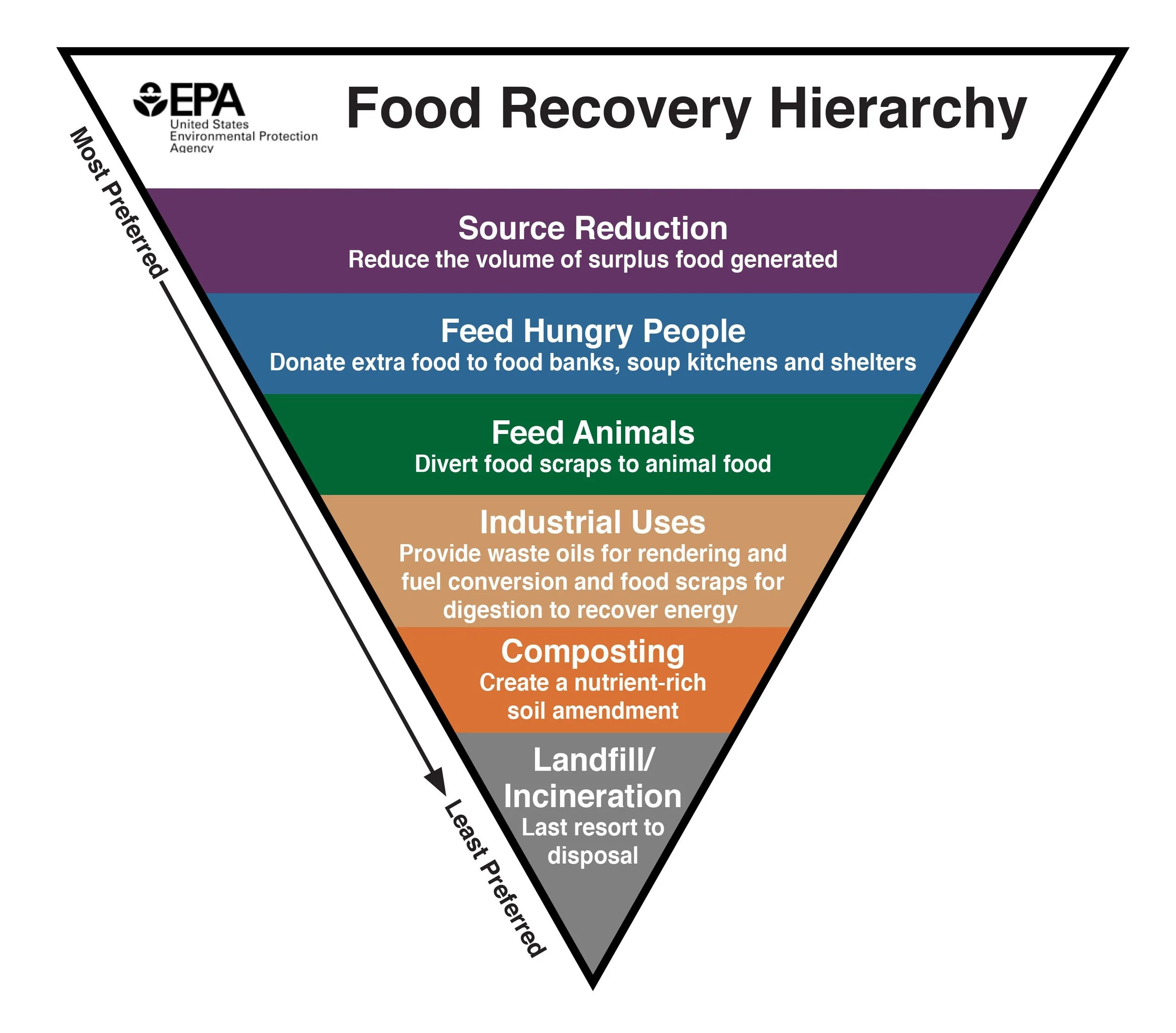
EPA's Solid Waste Infrastructure for Recycling (SWIFR) grant supports Guam's Zero Waste initiatives by funding home composting and gardening training in all villages. The Composting in Every Village program, led by Guåhan Sustainable Culture with grant administration by Guam EPA, offers incentives to boost participation and provides technical assistance and data collection to advance sustainable materials management.
This two-year grant will support two rounds of participants, with 200 households in the first year and another 200 in the second year, all working toward the shared mission of diverting kitchen food waste from our landfill.
Participant Benefits
-
a small container used for collecting food scraps and organic waste in the kitchen before transferring them to your outdoor composting system.
-
Your choice of
64 Gal. Stationary System
54 Gal. Tumbler System
37 Gal. Tumbler System
*Each composting system will be discussed during our workshop, including a detailed overview, pros and cons, and guidance on selecting the most suitable option for your needs.
-
Compost Booklet w/ Tracking Guide & Marker
Yard Stick
5 Gallon Bucket (while supplies last)
-
Qualified participants receive a monthly bag of fresh, local produce valued at minimum $20.
Each bag contains seasonal fruits and vegetables, with possible additions of fresh eggs and honey from local producers.
*Participants become eligible to receive produce after every four weeks of submitting composting data.
-
After five months in the program, 20 out of the 200 participants who consistently submit data will be considered for a garden bed and essential materials to start growing their own produce.
All selected participants must submit harvest data as part of the program requirements.
What is Compost?
-
Try these tips to extend the life of your food and reduce food waste!
WILTED FOOD - Soak in ice water for 5 to 10 minutes may reinvigorate wilted veggies.
STALE FOOD - Toast stale chips and crackers for a minute or two in a regulars or toaster oven to crisp them.
SALTY FOOD - Add vinegar, lemon juice, or brown sugar—or dilute a soup or sauce with water, crushed tomatoes, or unsalted broth.
Source: www.fsis.usda.gov, www.savethefood.com and Waste Free Kitchen Handbook, Dana Gunders, 2015.
-
a nutrient-rich soil made from decomposed organic materials like food scraps, yard trimmings, and garden waste. Through a natural process involving bacteria, fungi, and other microorganisms, these materials break down over time to create a dark, crumbly, earthy-smelling substance that helps improve soil health, retain moisture, and support plant growth.
Composting is a simple and sustainable way to reduce waste and give back to the earth.
-
Food Scraps
Vegetable Scraps
Fruit Waste
Coffee Grounds
Tea Bags/Leaves
Fresh Grass Clippings
Other Garden Waste (plants, stalks, flowers)
Corn Husks
Stale/Moldy Bread
-
Leaves
Shredded Straw/Hay
Sawdust
Wood Chips & Twigs
Shredded Newspaper
Nut Shells
Corn Stalks and Cobs
Brown Paper Bags
TP & Paper Towel Rolls
Crushed Eggshells
Ashes from Wood
String/Cotton Thread
Wool
Hair
-
Meat
Fish
Poultry
Bones
Milk Products
Oil
Pet Manures
Weed seeds
Diseased/Infected Plants
Glossy Paper
Anything with Harsh Chemicals
Program Resources
Review our Workshop Presentations

Other Resources
Join Our Whatsapp Composting Community
Need Support / Questions?
Contact Coordinators
Jeremy & Minerva
671-486-4721
villagecompost@gusustainable.org







